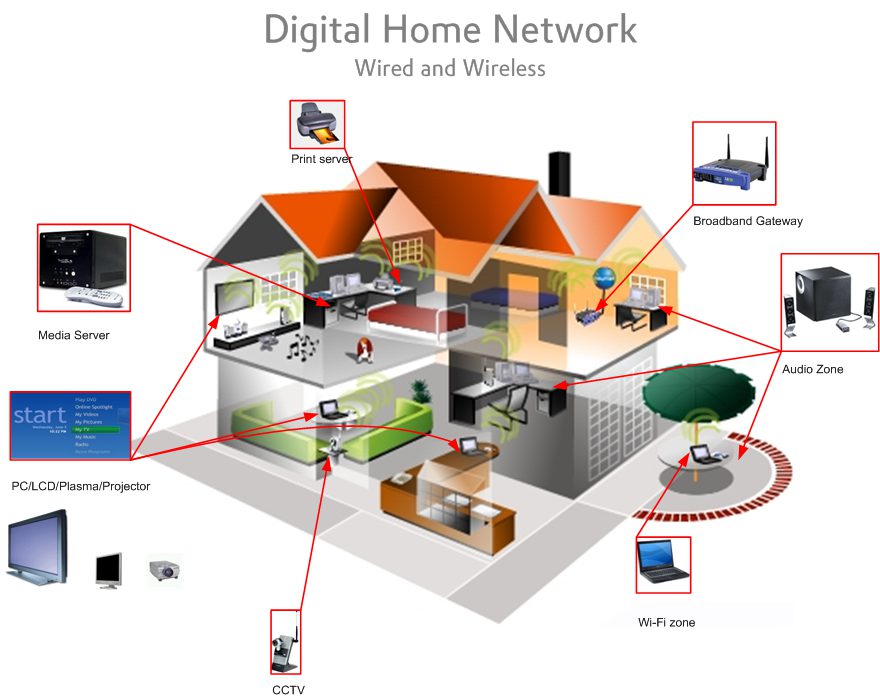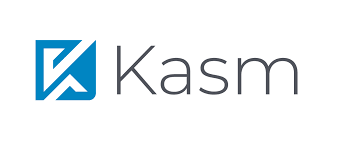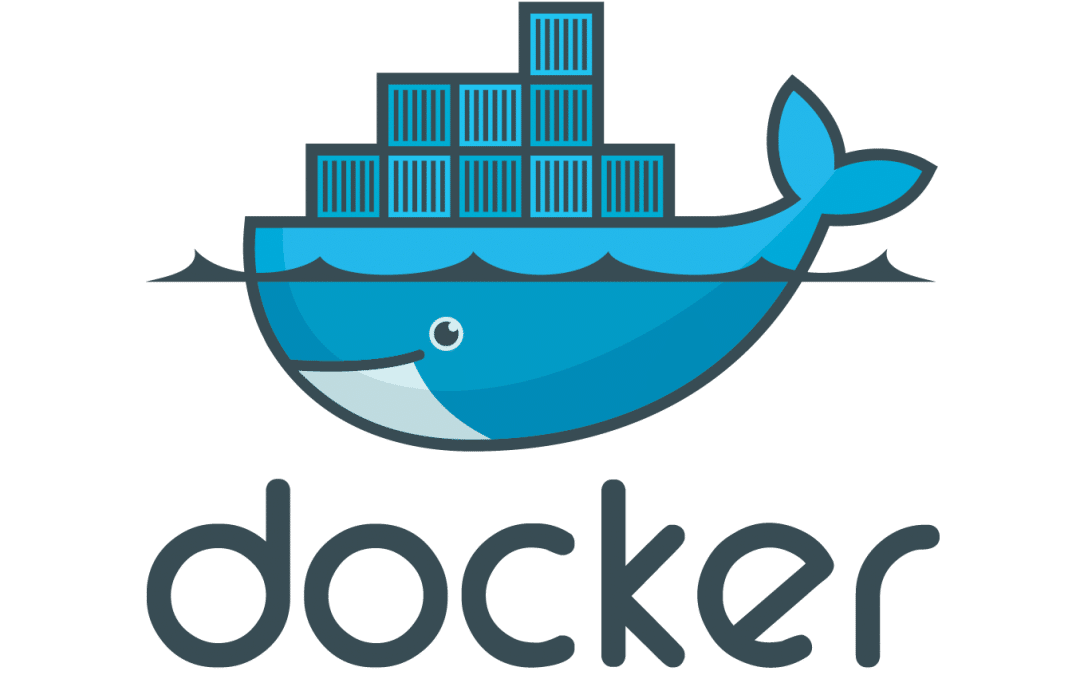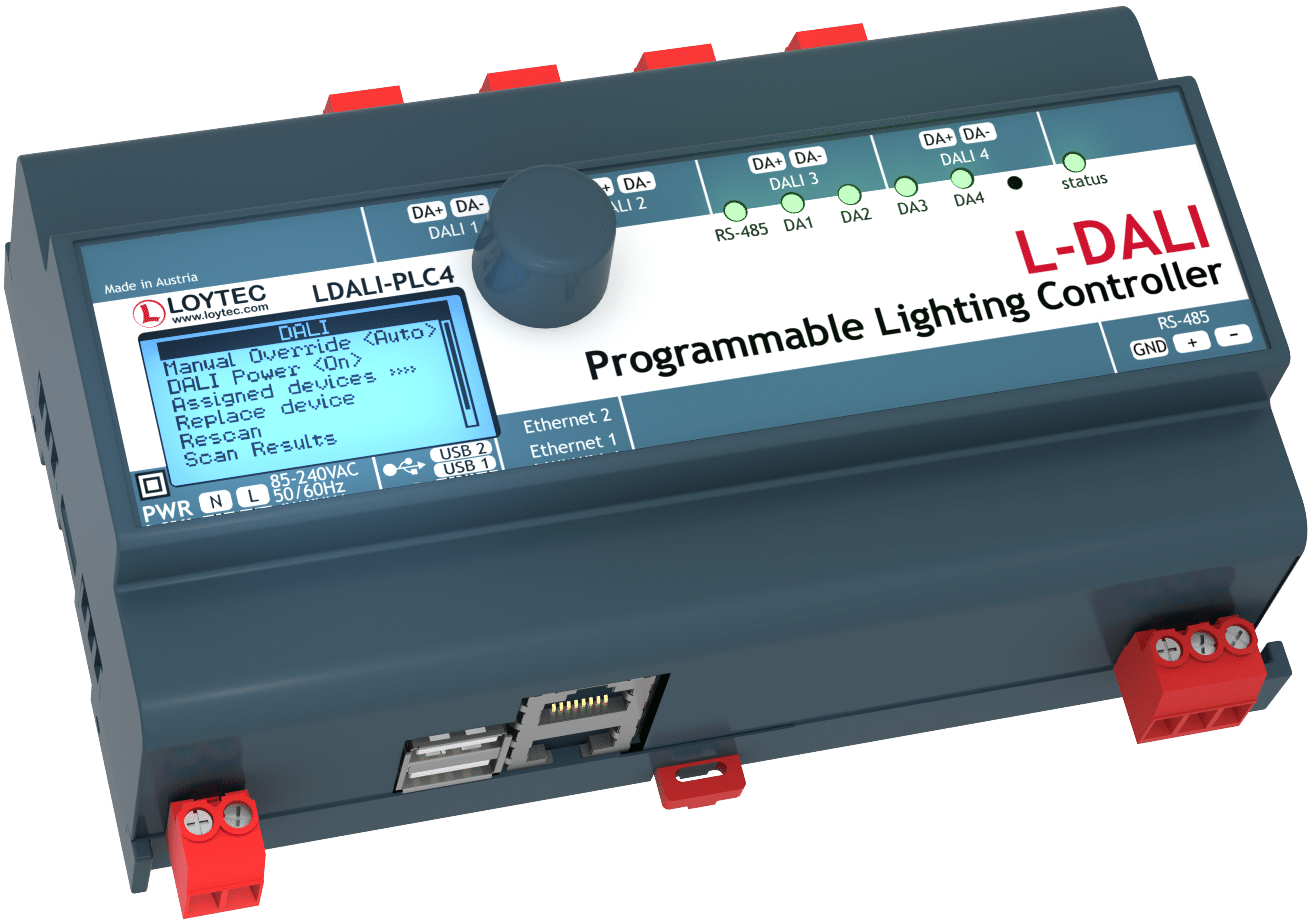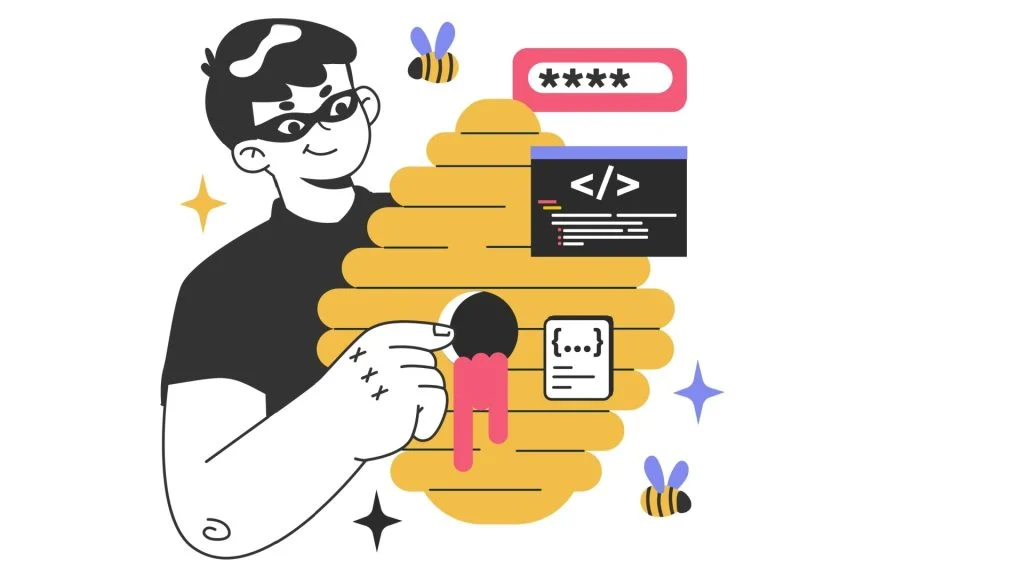Operative Systems
Just like you would pick a car brand to drive it around, Operative Systems (OS) have a distinctive way to offer you vehicles to do your tasks. These are Applications or Programs that run on top of these OS. They come of different versions and releases (flavours) according to the end user needs.
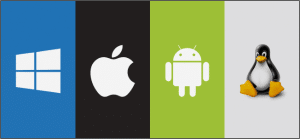
Some people like Windows because they are accustomed to a user-friendly environment and they been using the OS for years, so they feel comfortable moving around the folders and using it’s apps.
Some people are into Machintosh, the proprietary OS built by Apple for their Mac computers. This is because of a lot of reasons, but lately it’s been more and more prominent the support for Apple’s products eco-system integration
Operating systems are the backbone of modern technology, and they come in many shapes and sizes. Whether you’re a consumer or a business, there are many different options to choose from. In this blog post, we’ll take a look at the top 5 operating systems and their characteristics to help you make an informed decision.
-
Windows – Windows is the most popular operating system in the world, and it’s been around for over 30 years. It’s designed for both consumers and businesses, and it’s known for its ease of use and compatibility with a wide range of hardware and software. Windows is a good choice for those who need a lot of software options and have a lot of devices to connect.
-
macOS – macOS, also known as Mac OS X, is the operating system used on Apple’s Mac computers. It’s known for its sleek design, stability, and security. It’s also known for its integration with other Apple products, such as iPhones and iPads. This makes it a good choice for those who are heavily invested in the Apple ecosystem.
-
Linux – Linux is an open-source operating system that’s known for its stability, security, and flexibility. It’s often used by businesses, developers, and power users, and it’s a popular choice for servers and supercomputers. Linux is a good choice for those who want a lot of control over their operating system, and for those who want to avoid vendor lock-in.
-
Chrome OS – Chrome OS is a lightweight, cloud-based operating system that’s designed to work with Chromebooks. It’s known for its fast boot times, long battery life, and security. Chrome OS is a good choice for those who primarily use the web and cloud services, and for those who want a lightweight, easy-to-use operating system.
-
Android – Android is the most popular mobile operating system in the world. It’s known for its customization options and wide range of apps. It’s also known for its integration with Google services, such as Google Maps and Google Assistant. Android is a good choice for those who want a lot of control over their mobile device and for those who want to use a lot of apps.
In conclusion, each operating system has its own characteristics and advantages, and the best one for you depends on your personal preferences and needs. Windows is good for compatibility, macOS for integration with Apple products, Linux for control and flexibility, Chrome OS for speed and security and Android for customization and apps.
Most of these systems, all based in UNIX, are used by all of us daily, with the exception of ChromeOS and Linux. This last one, my personal favourite, is what some people will call: a rabbit hole, and they are right.
They are so many flavors of Linux to choose from that it’s really hard to choose just one.
Linux is a free and open-source operating system that has gained popularity in recent years. It’s known for its stability, security, and flexibility, and it’s often used by businesses, developers, and power users. In this blog post, we’ll take a look at the top 5 Linux operating systems and their characteristics to help you make an informed decision.
-
Ubuntu – Ubuntu is one of the most popular Linux distributions and it is widely used as a desktop operating system. It’s known for its ease of use and its large community of users and developers. Ubuntu is a good choice for those who are new to Linux and want a user-friendly experience.
-
Debian – Debian is another popular Linux distribution that is known for its stability and reliability. It’s often used as a server operating system and it’s also widely used on embedded systems and IoT devices. Debian is a good choice for those who want a stable and dependable operating system.
-
Fedora – Fedora is a community-driven Linux distribution that is sponsored by Red Hat. It’s known for its cutting-edge features and strong focus on open-source software. Fedora is a good choice for those who want a cutting-edge Linux experience and want to stay on the bleeding edge of technology.
-
Arch Linux – Arch Linux is a lightweight and flexible Linux distribution that is known for its simplicity and minimalism. It is aimed at experienced Linux users and developers and it is a good choice for those who want a lot of control over their operating system and want to build it from the ground up.
-
Mint – Linux Mint is a distribution that is based on Ubuntu and it is known for its ease of use and attractive interface. It’s a good choice for those who want a more traditional desktop experience and want a lot of software options.
In conclusion, Linux is a great choice for those who want a stable, secure, and flexible operating system. Each of the above distributions has its own characteristics and advantages, and the best one for you depends on your personal preferences and needs. Ubuntu is good for ease of use and a large community, Debian for stability and reliability, Fedora for cutting-edge features, Arch Linux for control and flexibility and Mint for a traditional desktop experience.

